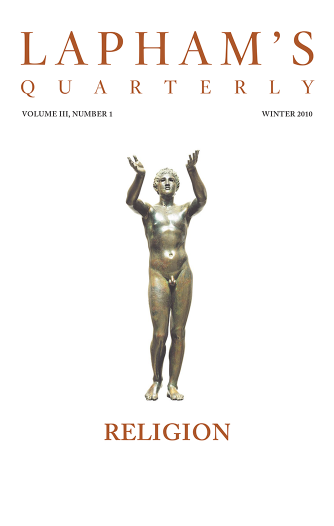Not everyone who says a false thing lies, if he believes or assumes what he says to be true. Now between believing and assuming there is this difference: that sometimes he who believes feels that he does not understand that which he believes (although he may know himself to be ignorant of a thing, and yet have no doubt at all concerning it, if he most firmly believes it); whereas he who assumes, thinks he knows that which he does not know.
Now whoever utters that which he holds in his mind either as belief or as assumption does not lie, even though the utterance be false. For this he owes to the faith of his utterance, that he thereby produce that which he holds in his mind, and has in that way in which he produces it. Not that he is without fault, even though he does not lie, if either he believes what he ought not to believe, or thinks he knows what he knows not, even though it should be true: for he considers an unknown thing for a known. Furthermore, that man lies, who has one thing in his mind and utters another in words, or by signs of whatever kind. For this reason the heart of he who lies is said to be double, that is, there is a double thought: the one, of that thing which he either knows or thinks to be true and does not express; the other, of that thing which he expresses instead, knowing or thinking it to be false. As a result, it comes to pass that he may say a false thing and yet not lie, if he thinks it to be so as he says although it be not so; and, that he may say a true thing and yet lie, if he thinks it to be false and utters it for true, although in reality it is just as he utters it. For from the sense of his own mind, not from the verity or falsity of the things themselves, is he to be judged to lie or not to lie. Therefore he who utters a false thing for a true, which however he assumes to be true, may be called erring and rash, but he is not rightly said to lie, because he has not a double heart when he utters it, nor does he wish to deceive, but is deceived. But the fault of he who lies consists in his desire to deceive in expressing his thought, whether he does deceive, in that he is believed when uttering the false thing, or whether he does not deceive, either in that he is not believed, or in that he utters a true thing with will to deceive, which he does not think to be true; wherein being believed, he does not deceive, though it was his will to deceive, except that he deceives in so far as he is thought to know or think as he utters.
From “On Lying.” Augustine experienced his spiritual awakening while in a garden in Milan in 386; responding to the voice of a child who said, “Pick up and read,” he opened St. Paul’s epistle to the Romans and read a sentence from it. “I did not need to read further,” he recalled. “It was as though the light of security flooded me and all my doubts fell away.” Augustine became bishop of Hippo in 396 and remained in the post until his death in 430. Lord Byron wrote about the Christian’s autobiographical work in Don Juan, “As St. Augustine in his fine Confessions,/Which make the reader envy his transgressions.”
Back to Issue

